Holding in her hand the manuscript titled “Homeland Side” by Bui Minh Hue, consisting of 53 rather thick poems written about the Fatherland, the Party, famous people, the countryside, parents, nature, children..., no matter what the topic, the subject, the time, the space, throughout her poems there is a lyrical tone.
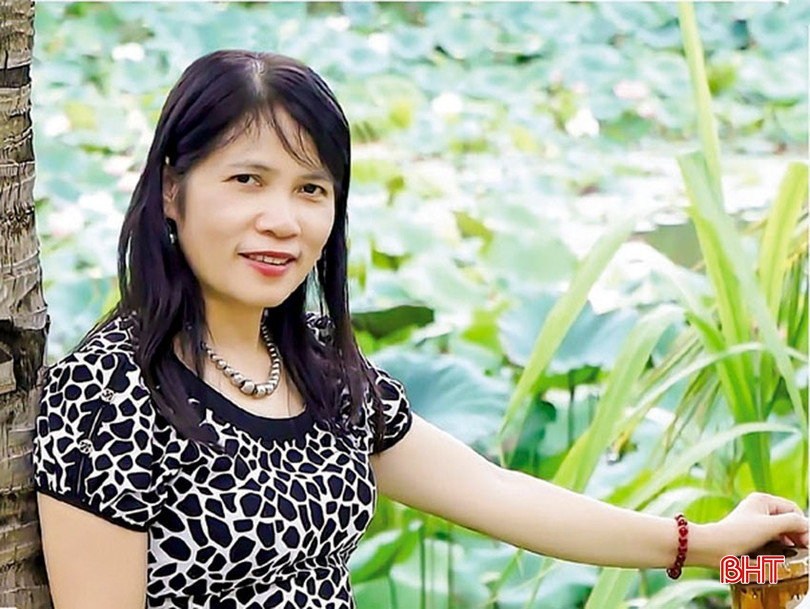
Bui Minh Hue was born in 1964, the youngest of three sisters. At the age of three, her father, an actor of the Ha Tinh People's Art Troupe, died on the way back from a performance. The mother carried and carried three small children to evacuate. Bui Minh Hue's childhood began with sad days. The mother stayed awake all night long/ Worshiped her husband with all her heart, incense smoke kept her heart, with a white mourning scarf on her head, a bamboo carrying pole with a thin shoulder, far and near markets, working, protecting, being tolerant, raising her young children. That difficult period created a soul of Bui Minh Hue who was sensitive to everything around her, compassionate towards the tears and cries of her brothers, a Bui Minh Hue who was always mindful of the gratitude of the Fatherland, homeland, and family that raised her to grow up and mature. Bui Minh Hue borrowed the idea of Nguyen Trai's poem to remind herself: Light a stick of incense to remember the land and sky of a time/ Eat the blessings to repay the farmer/ The cakes of the time had fillings, the people had kindness...
1… Before Bui Minh Hue wrote poetry, there were many poems by famous poets about the country, Uncle Ho, famous people living in the memories of many generations of Vietnamese people. Bui Minh Hue could not help but know that, could not help but tremble when writing about the “great topics” that many people had written. But what he respected and admired gave Bui Minh Hue the confidence to carry out his ideas with words. “The Fatherland in Spring”, “The Words of the Star Flag”, “With Lotus”, “The Star Has Turned Off”, “Afternoon in Con Son”… revealed a unique path, although not yet forming a style, but convincing readers with sincerity through simple poetic language, describing simple, concrete things close to people: The Fatherland is the lullaby of the mother/ The bamboo grove rustles in the south wind/ The Fatherland is green in the rice stalks and orange branches/ In the morning sea sunlight, the afternoon sunset and the blue mountains. (The Fatherland in Spring).
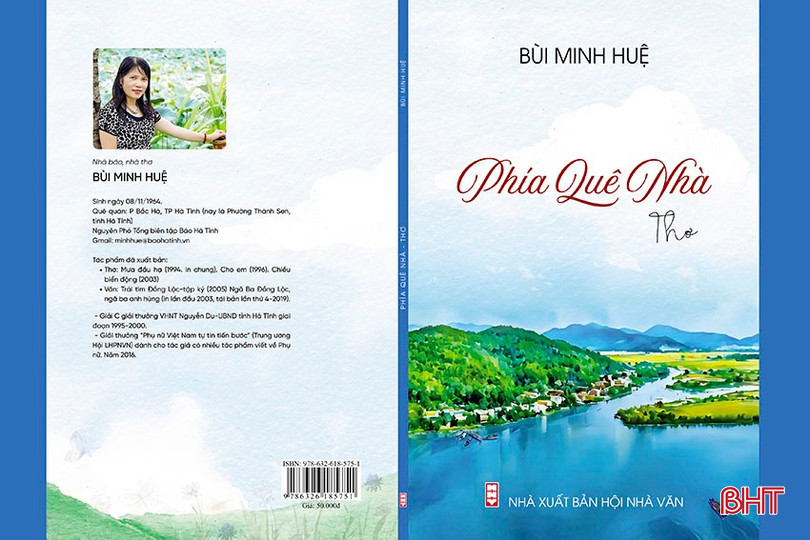
In "The Stream of People in Front of Uncle Ho's Mausoleum", the specific is expanded and enhanced in a general way, but the author still masters the language in expressing his own thoughts: Like that, the endless stream of people/ From thousands of years of Au Co, Lac Hong/ From the days of hunger and rags/ Rolling forests of flags, surging waterfalls/ Blood flows to the heart/ Rivers flow to the sea/ Longing to meet the boundless beloved One/ Endless stream of people, endless love... These are the verses that create the passionate tone of poetry, of the spirit of respect for the beloved leader.
2… Each writer has a perspective of reality, a unique way of feeling. Bui Minh Hue understands the nature and identity of his homeland: “My city”, “With the homeland of Thach Ngoc”, “Sending to Can Loc”, “Dong chieu”, “Di cho” - are poems that lean towards the realistic tendency with details, familiar images and language close to the folk language: Stories of plowing, peeking cheeks/ I hear them but they are not familiar to my ears/ After a long time, I am worried/ The winter season, drought, January and February… The villagers are familiar with the dew and sunlight/ Laughing like a waterfall pouring down a car (With the homeland of Thach Ngoc). It seems as if the countryside is always restless, always filled with a longing in their hearts: “That side is the homeland, that side is home/ Summer is hot, the hot wind stings the face/ Autumn is rainy and flooded, the sky is white” (Homeland).
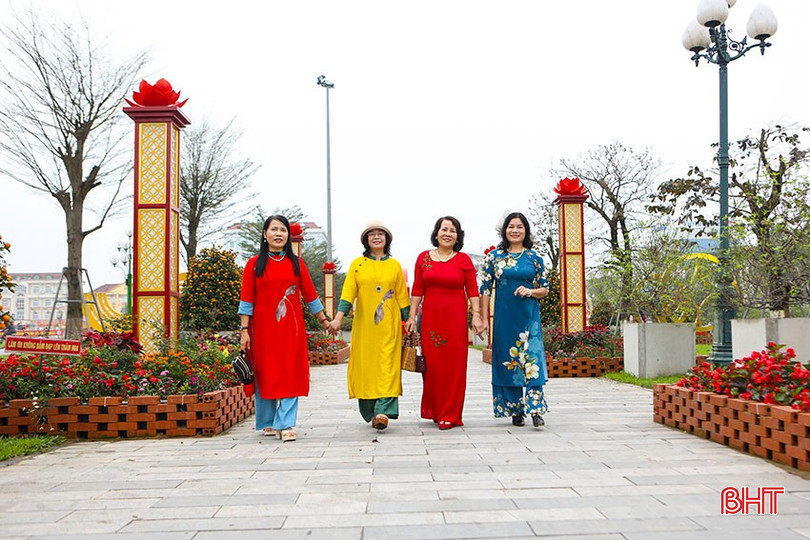
For Bui Minh Hue, homeland and parents are one, one love, one gratitude for birth, one debt that can never be repaid. The image of father's shirt faded with time/ mother's back drenched in sweat haunts the reader about the hardships and sacrifices of being a father and mother. Hong Mountain is heavy with longing/ Lam River has eyes on both banks (Hometown). The poem "Flowers and Grass on Father's Grave", with many realistic details in simple language, without any semblance of rhetoric: This afternoon I came to the cemetery/ The wind was silent... each row of tombstones was silent... My childhood has become middle-aged but my father has gone with the incense smoke, only the flowers and grass remain here lingering in life... has sown a sadness in the reader's mind. And we suddenly feel sad before a young girl lonely among the flowers and grass with tiny white spots, silently in her father's advice Don't cry and make the wind and rain stir. Are these the words of my father flashing in my memory, or the words of life teaching Bui Minh Hue?
And when living a full life under the blue sky, white clouds, among the scent and color of the city, You are like the flowers that brighten the houses, in the drifting mist, the wandering incense/ The ancestral altar is brightly lit with lanterns (Walking along the spring street), the child is constantly tormented and regretful for what he has done to upset his mother, for what he has owed his parents… Bui Minh Hue choked up and called out to his mother: This Tet, you are far away/ The year and month are over, come home, mother!
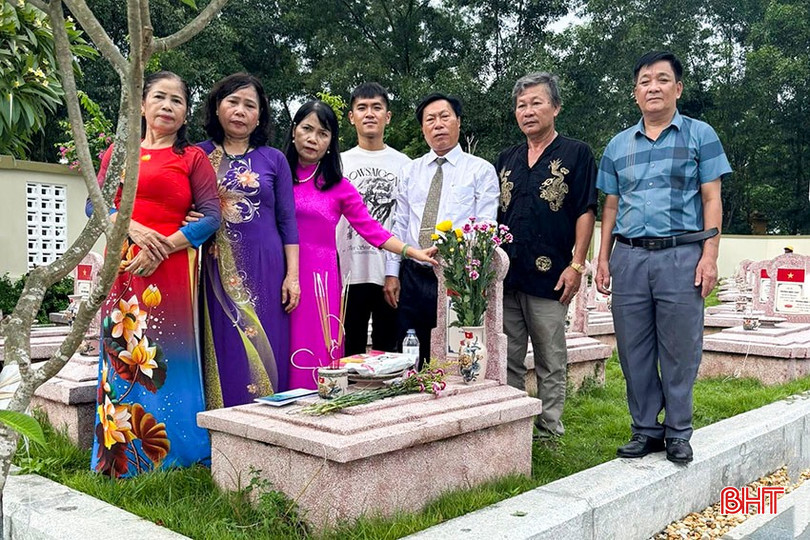
With the same emotional flow, in the collection "Home Side" there are pages filled with the mother's breath for her child (Sending my child to my grandparents, Missing my child in Hanoi , Tomorrow my child will go to first grade...), pages full of fragrance and color about nature (Summer, Autumn Gold, Waiting for Autumn, Warm Spring, Sea...). Every page of poetry shows a Bui Minh Hue who is sensitive and delicate to everything and everyone.
Source: https://baohatinh.vn/bui-minh-hue-tinh-yeu-thuong-lam-nen-guong-mat-nha-tho-post293838.html


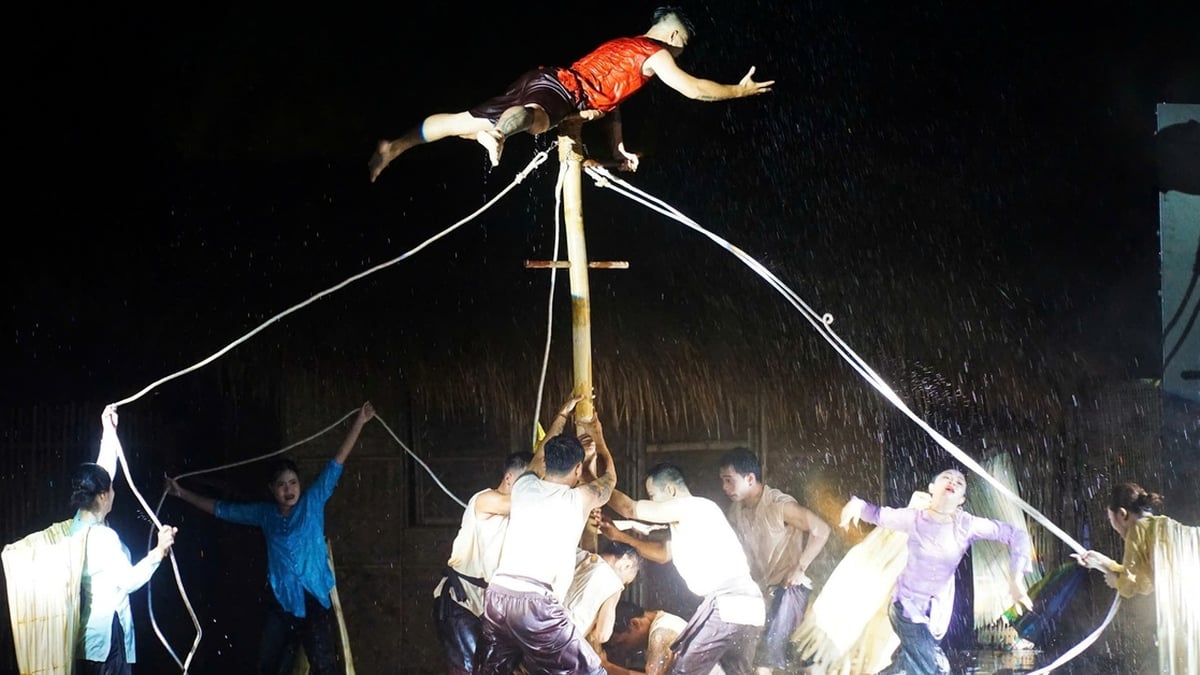


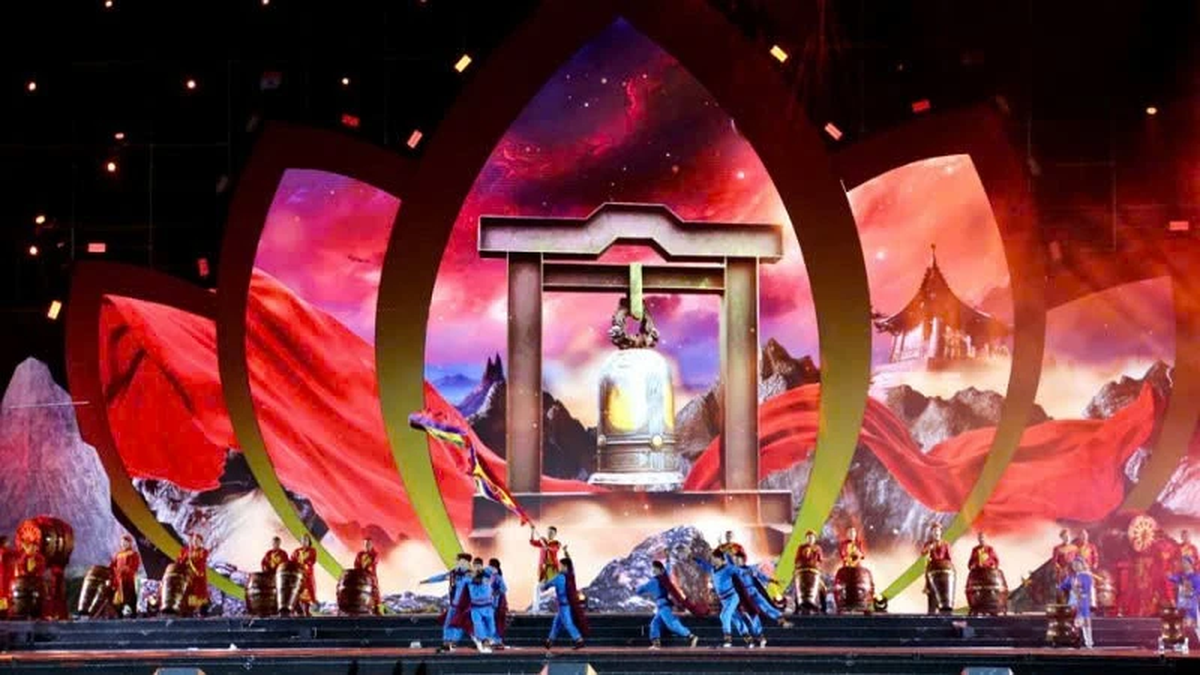

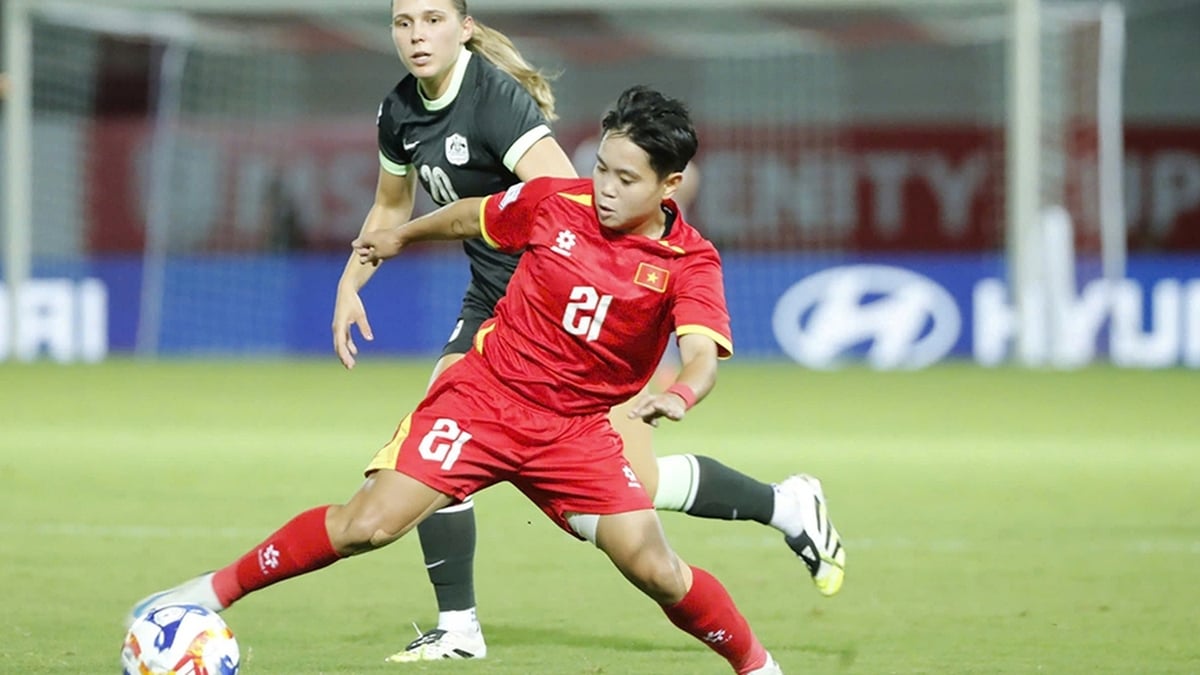


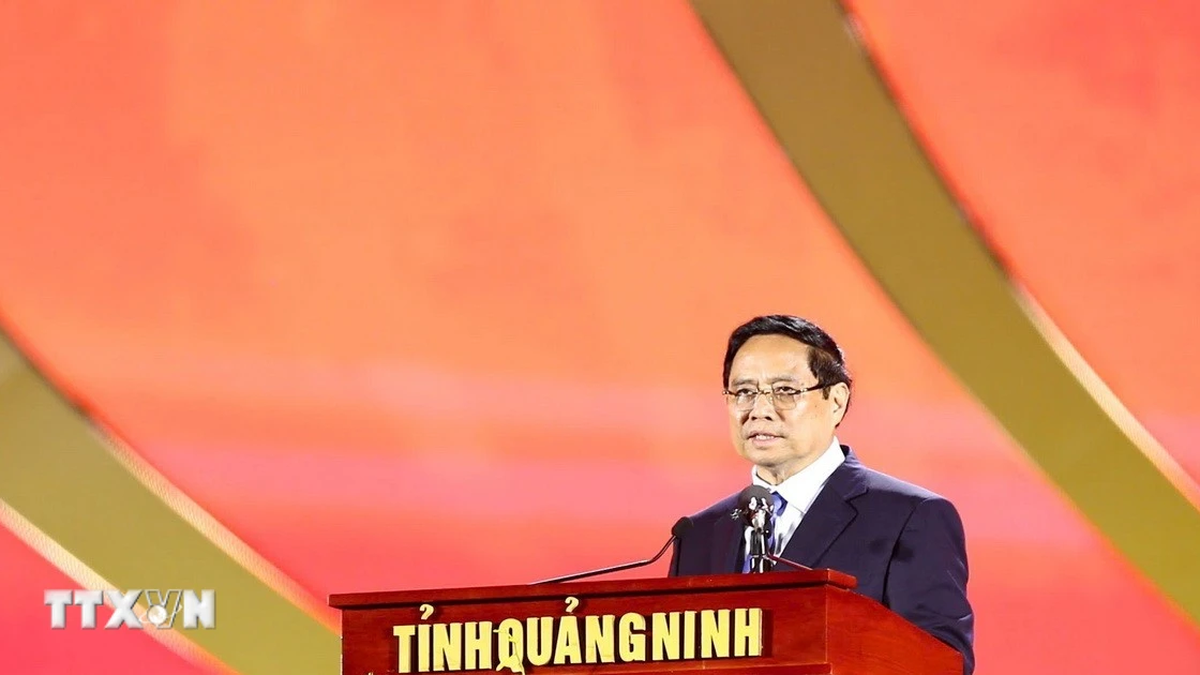
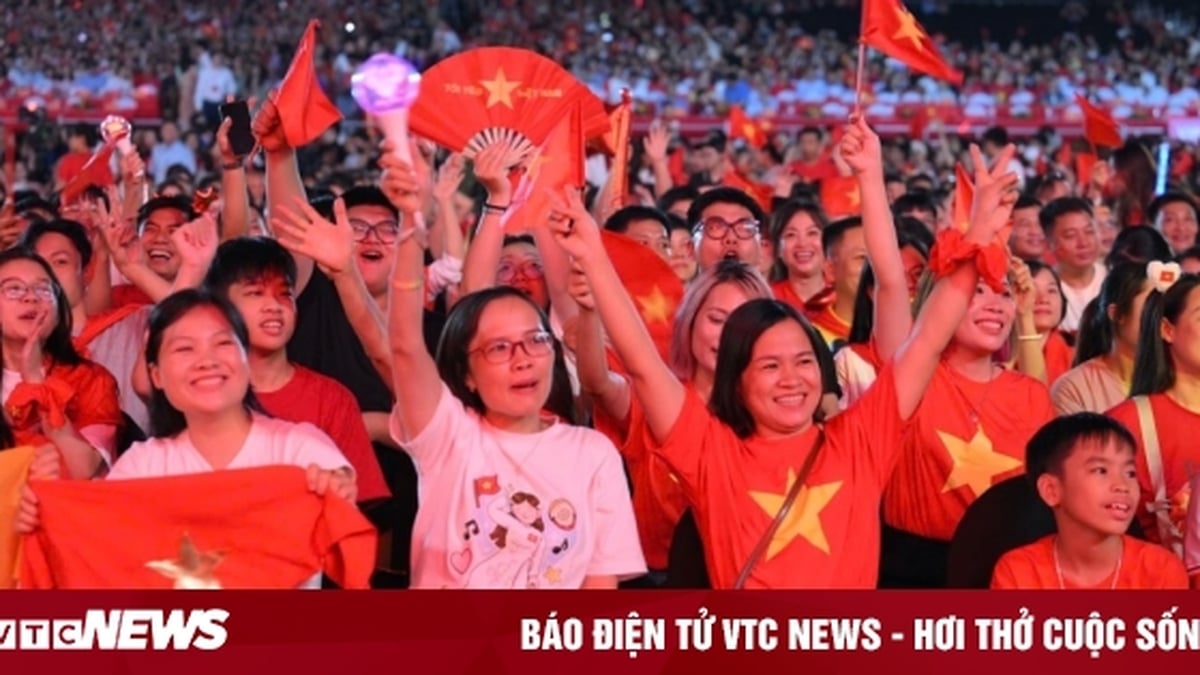










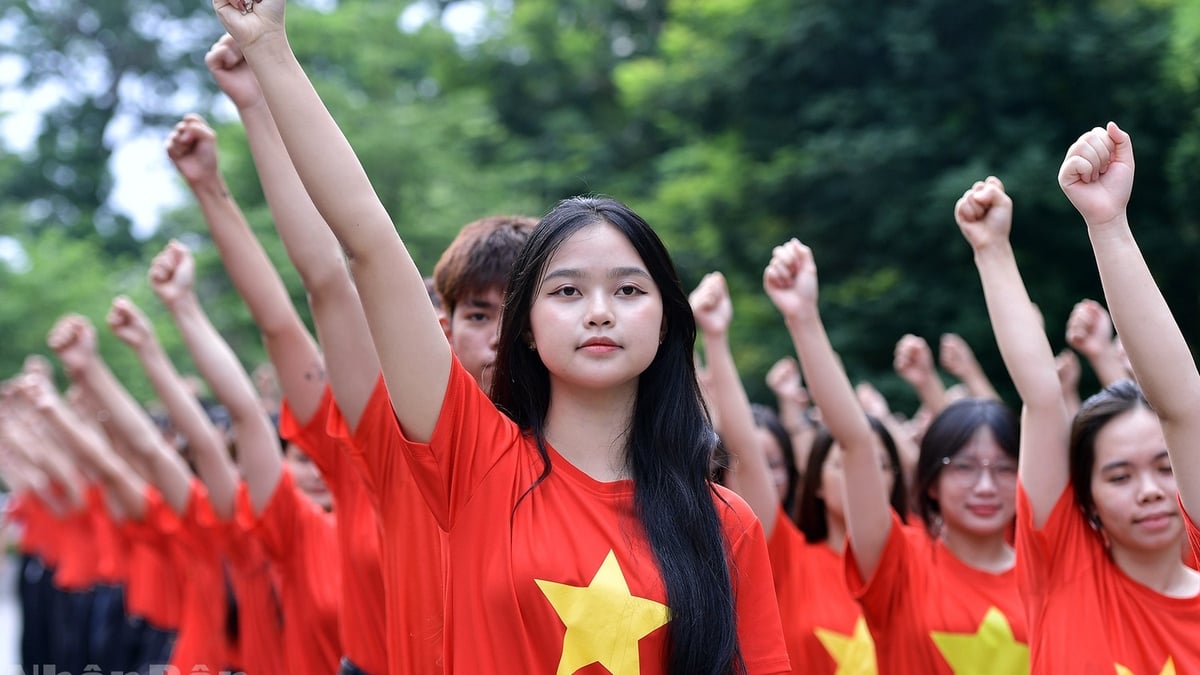
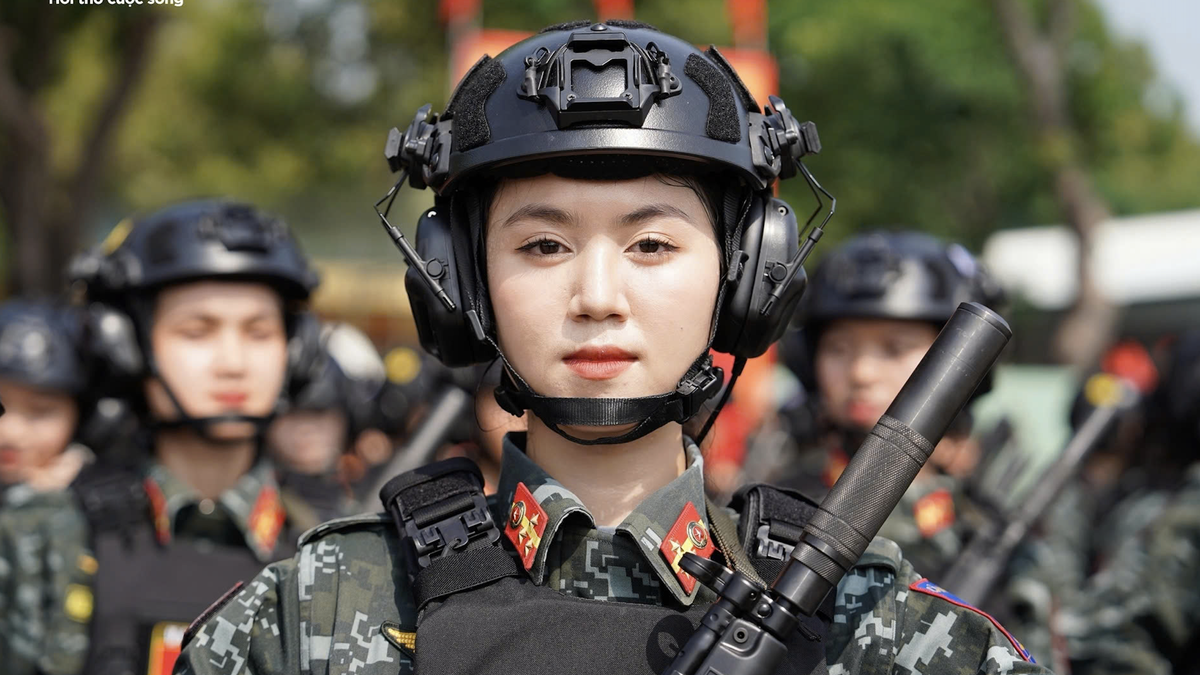
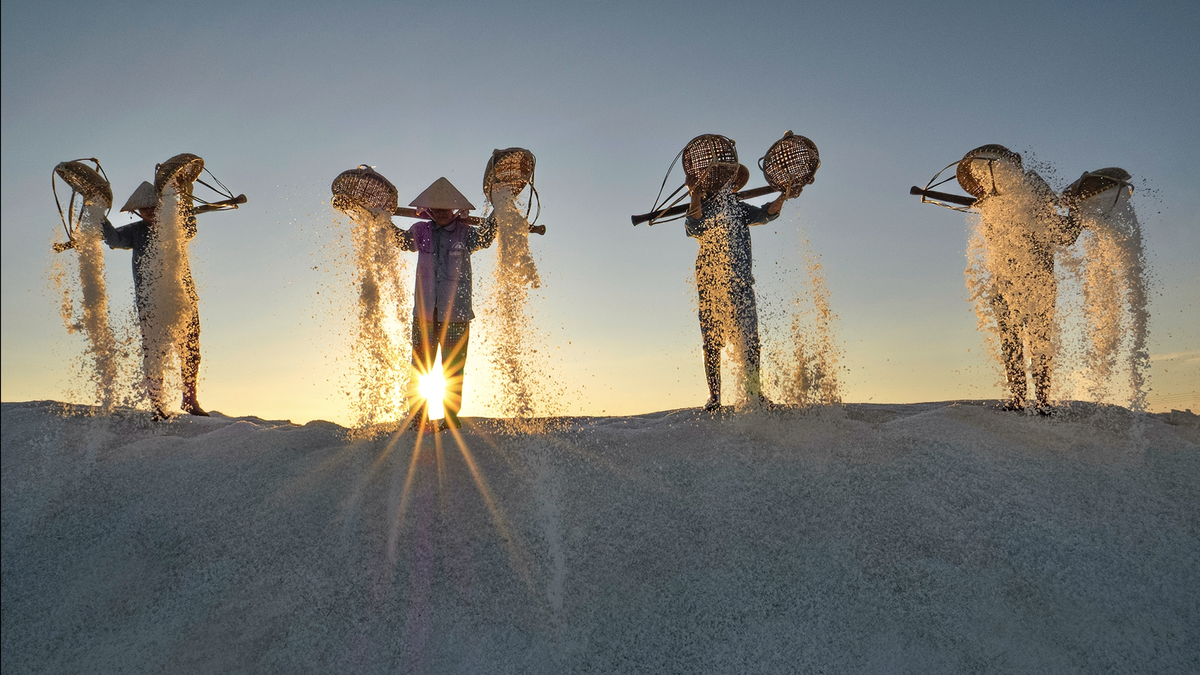
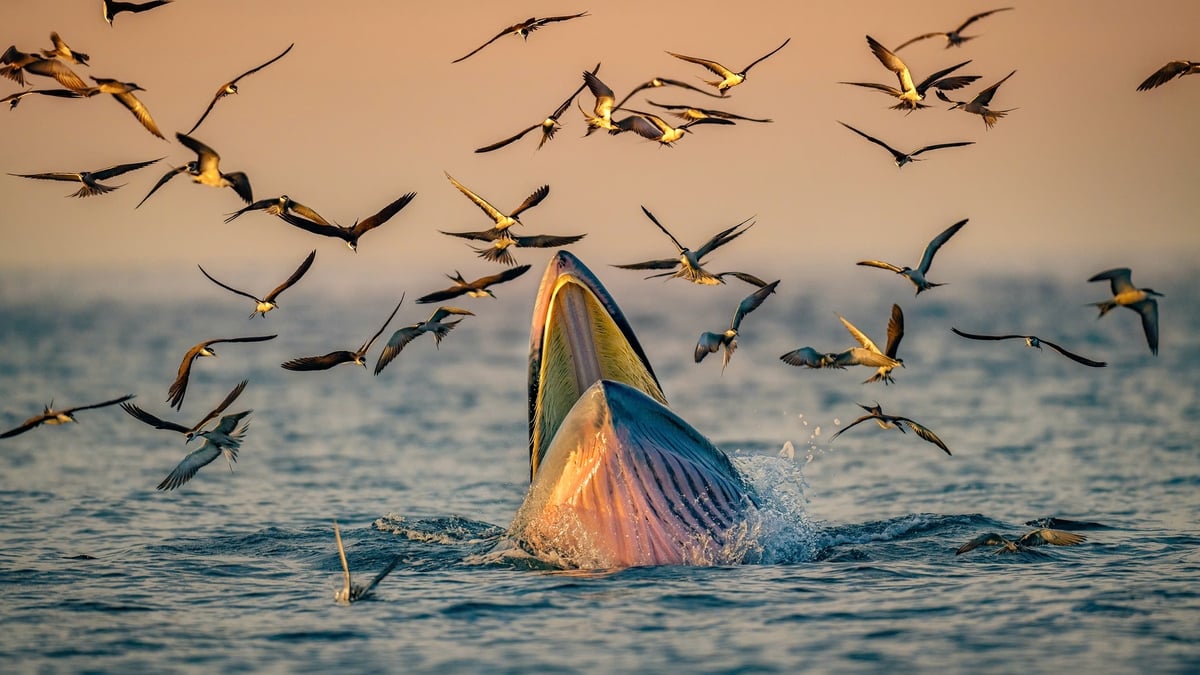
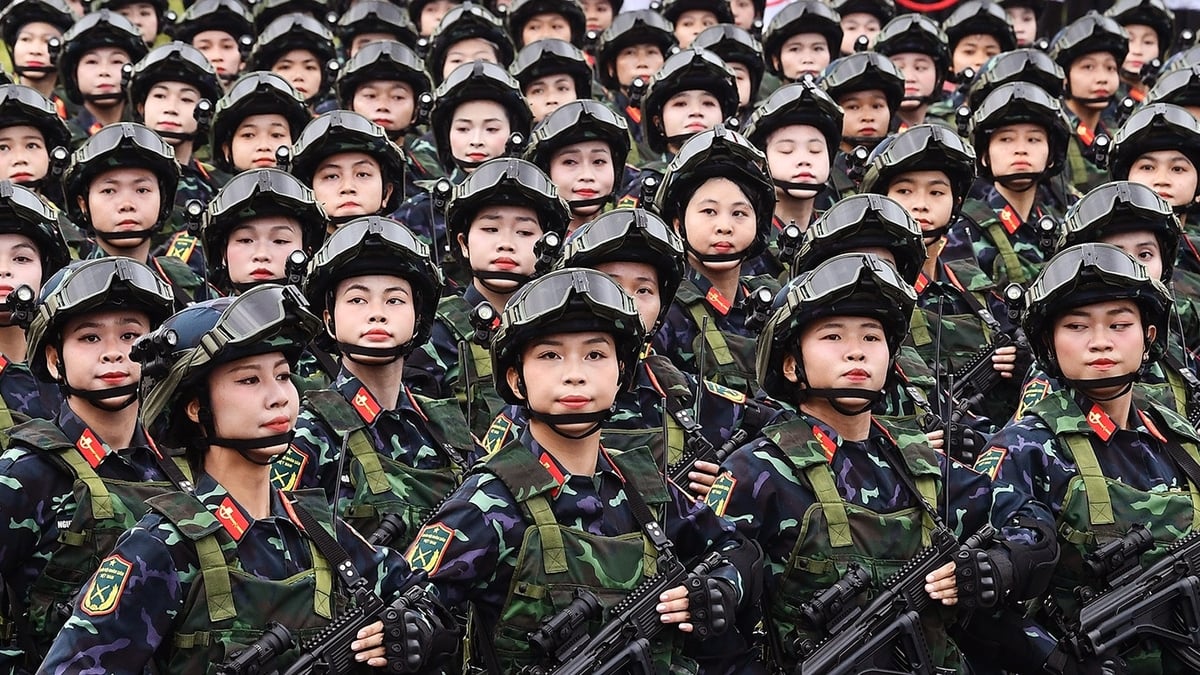
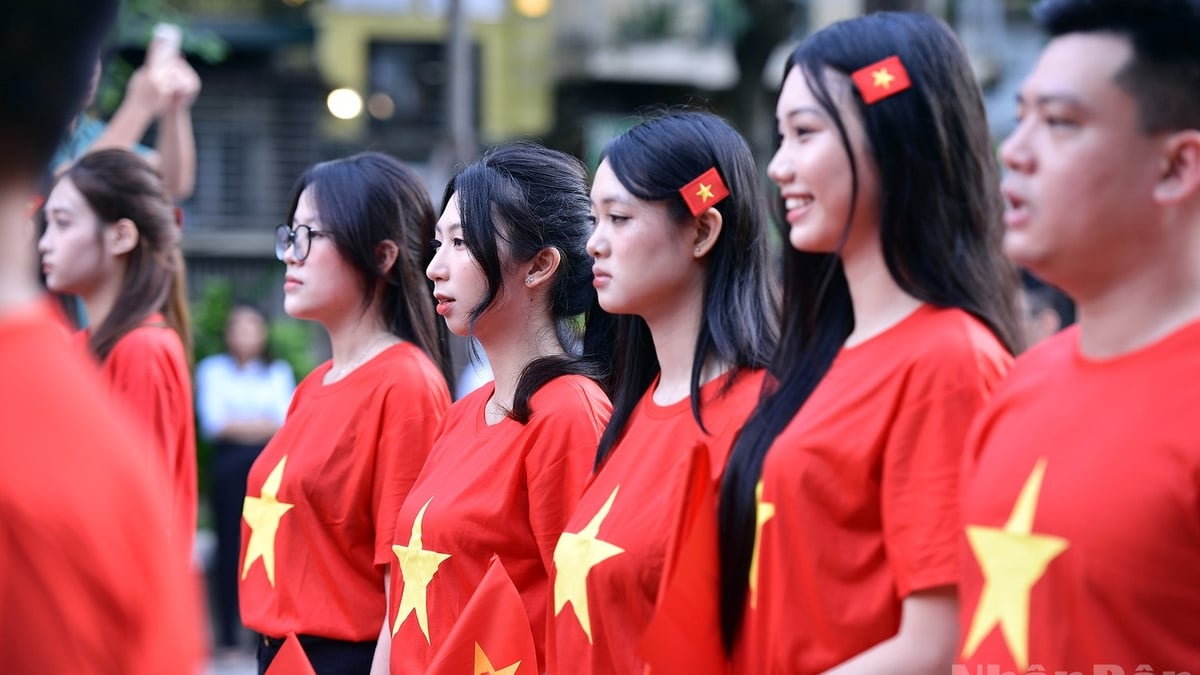
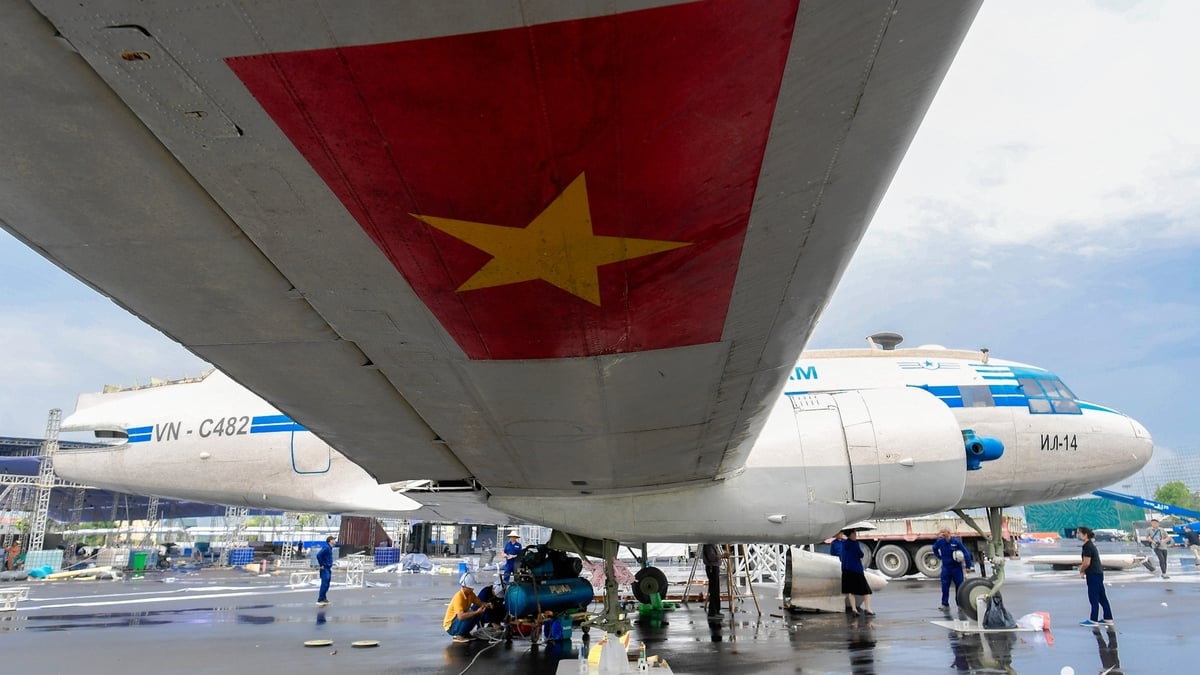
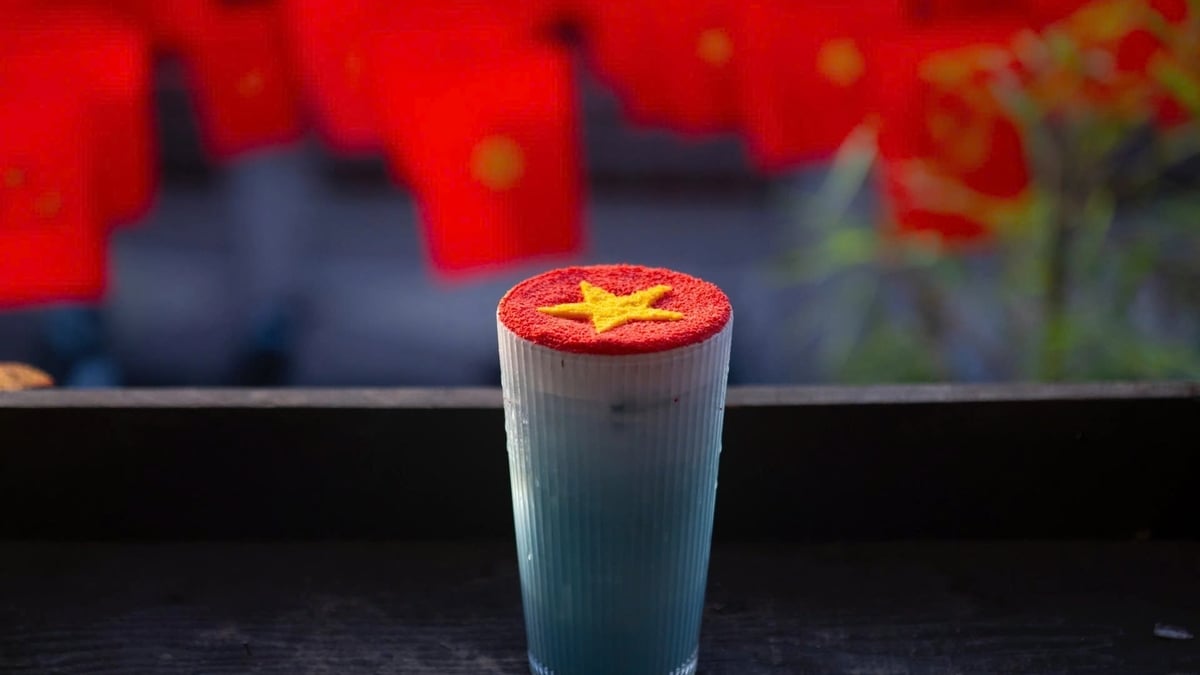
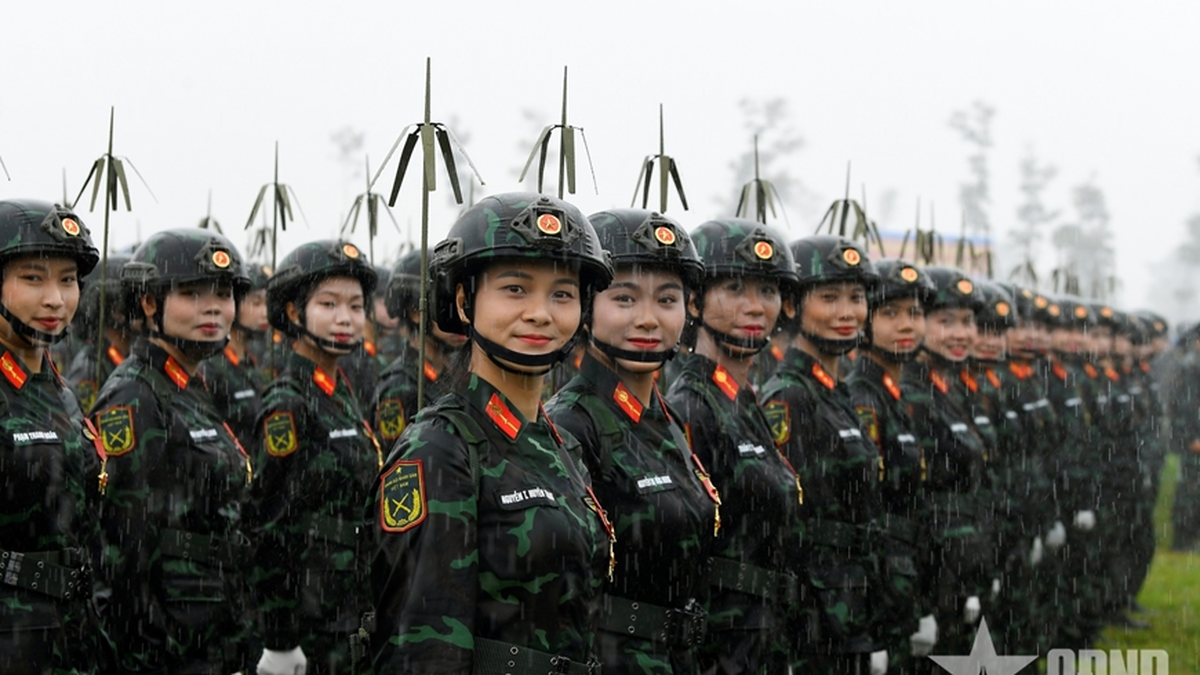
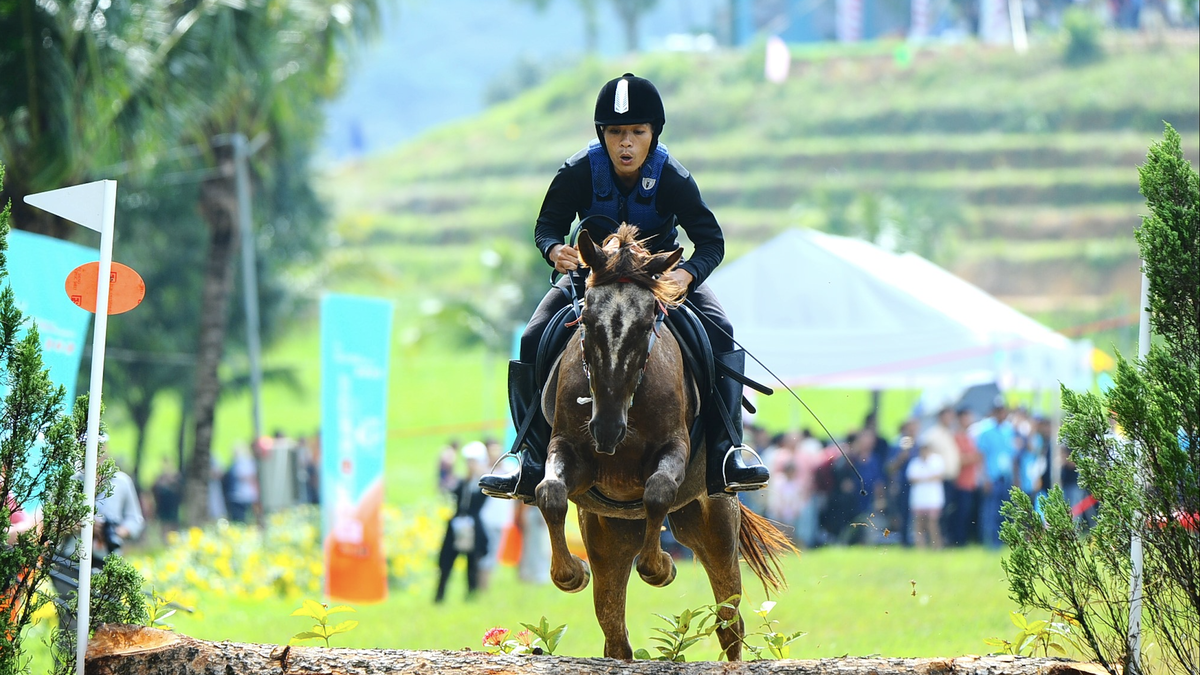
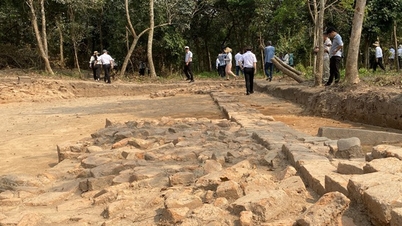

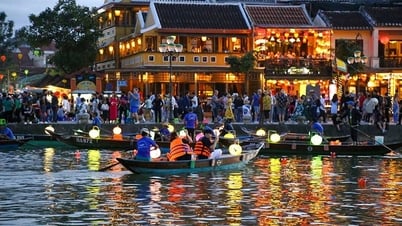

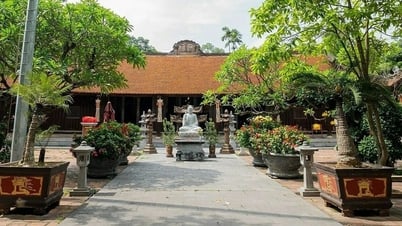

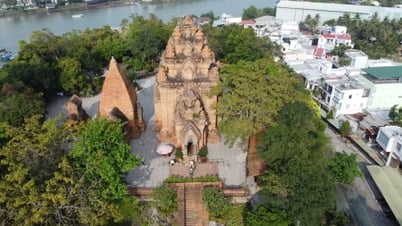
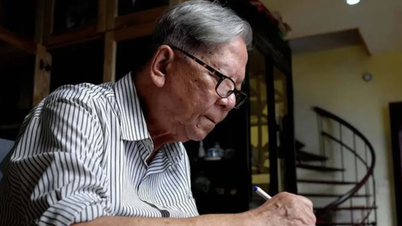

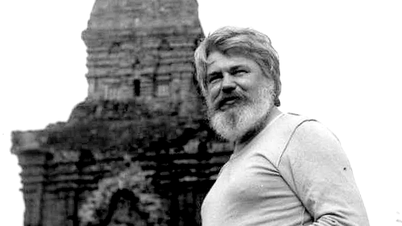


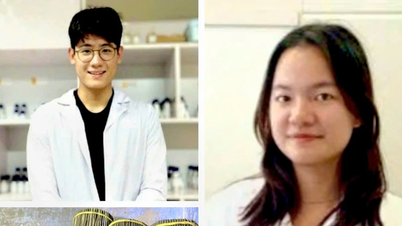
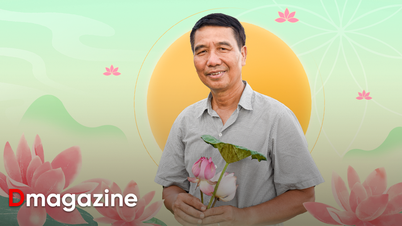


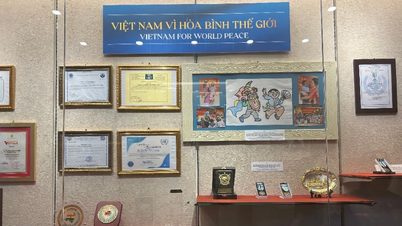

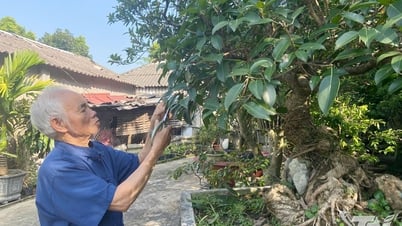






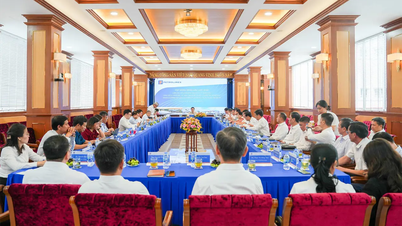
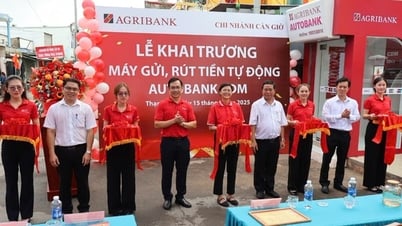
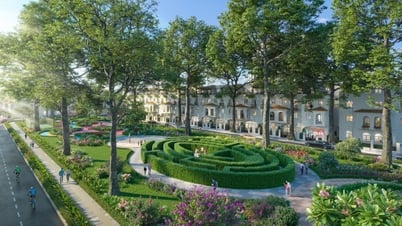
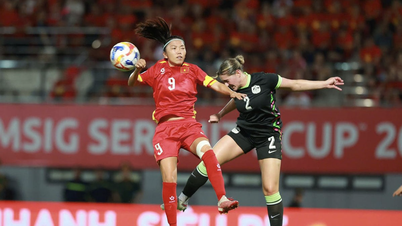
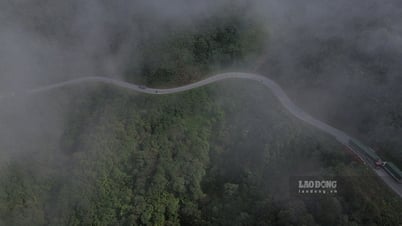


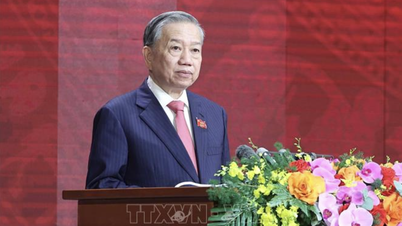

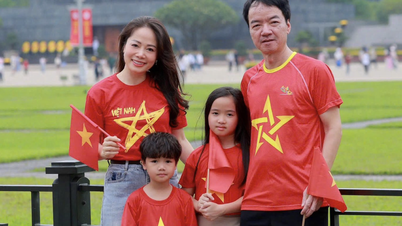

![[Photo] Party and State leaders visit President Ho Chi Minh's Mausoleum and offer incense to commemorate Heroes and Martyrs](https://vphoto.vietnam.vn/thumb/402x226/vietnam/resource/IMAGE/2025/8/17/ca4f4b61522f4945b3715b12ee1ac46c)
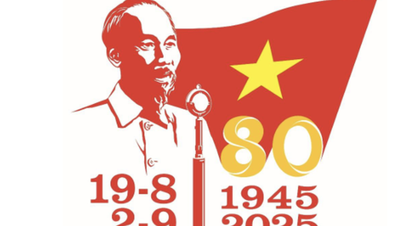

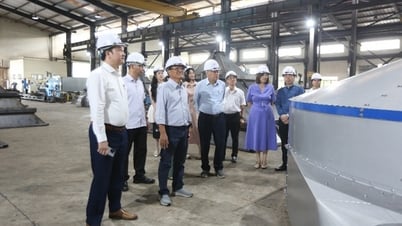



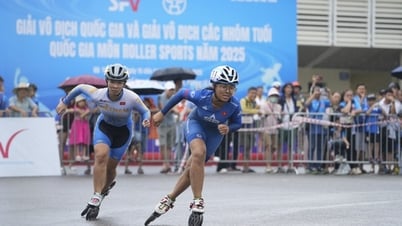
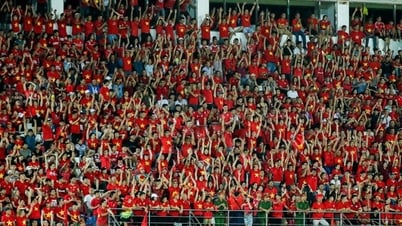






















Comment (0)